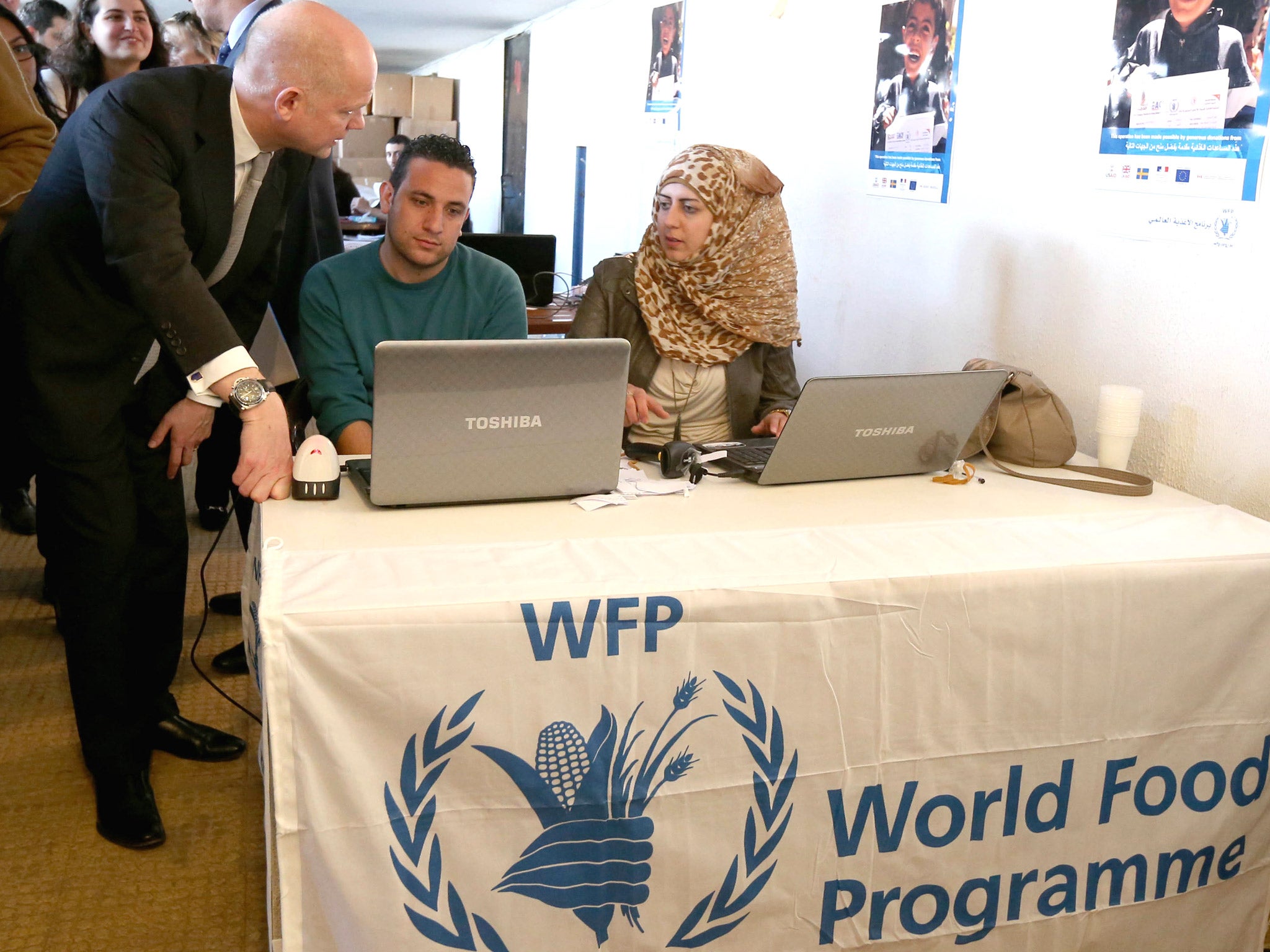European countries cut international aid
OECD reports budgets are down by 4 per cent but Britain sticks to foreign-spending target

Aid to the world’s poorest nations has been hit by the economic downturn across the West as industrialised countries cut back on development spending, it was disclosed yesterday.
The Organisation for Economic Co-operation and Development (OECD) reported that aid budgets down by four per cent among its members. The biggest cuts included 50 per cent in Spain, 34 per cent in Italy and 17 per cent in Greece.
Despite criticism from some of his backbenchers, David Cameron has repeatedly promised to raise Britain’s aid spending to 0.7 per cent of national income by the end of this year.
The OECD figures showed a slight fall in aid spending by the UK during 2012 because of falling national income, although there was nothing to suggest the Coalition would not hit its target.
Only five countries spend a greater proportion of their income on aid than the UK -Denmark, Luxembourg, the Netherlands, Norway and Sweden, which have all achieved the 0.7 per cent target set by the United Nations.
Ben Jackson, the chief executive of Bond, which represents British aid organisations, said:
“A fall of four per cent in global aid in 2012 is very disappointing, especially as it follows a two per cent fall the year before. It’s great news the UK will reach the 0.7 per cent aid target in 2013, but it is crucial other EU member states live up to their international commitments.”
The OECD’s general secretary, Angel Gurria, said: “It is worrying that budgetary duress [in] our member countries have led to a second successive fall in total aid, but I take heart from the fact that, in spite of the crisis, nine countries still managed to increase their aid.”
Meanwhile MPs said the Government should only press ahead with a major increase in aid to Pakistan if the nation boosts the amount of tax it collects from its own elite.
The Asian nation will become the largest recipient of UK aid next year, a controversial move given the backdrop of corruption, tax avoidance and political instability.
The Commons International Development select committee said there was a “powerful case” for continuing aid to the nation, but British taxpayers must not be left to foot the growing bill unless its wealthiest citizens pay their fair share.
“Any increase in the UK's official development assistance to Pakistan must be conditional on Pakistan increasing its tax collection and widening the tax base," it said in a report published today.
The Independent disclosed last week that experts from HM Revenue and Customs were on stand-by to fly to Pakistan to help its government collect more taxes.
Justine Greening, the International Development Secretary, believes that enabling the country to raise more tax enable to UK Government to scale back aid payments. In addition, it could help Pakistan bring extra more stability to remote areas in which terrorist activity tends to flourish.
Join our commenting forum
Join thought-provoking conversations, follow other Independent readers and see their replies
Comments
Bookmark popover
Removed from bookmarks